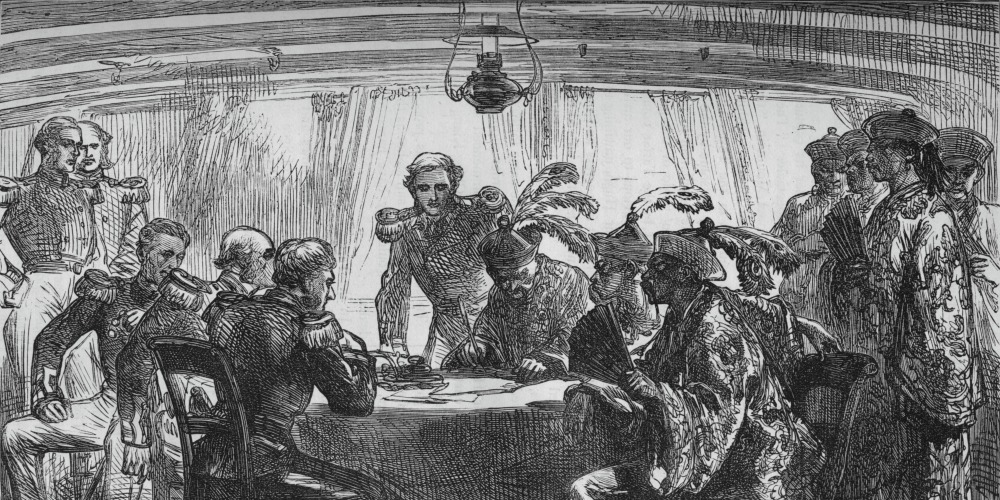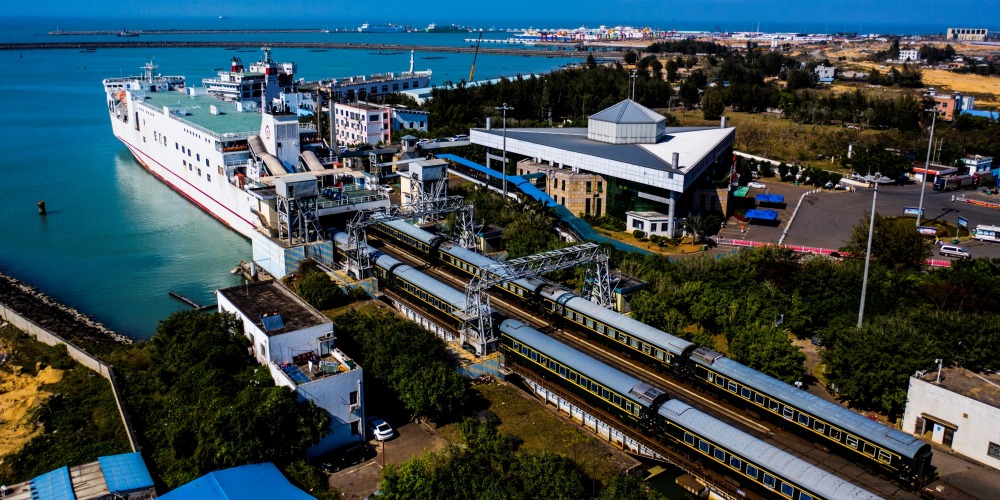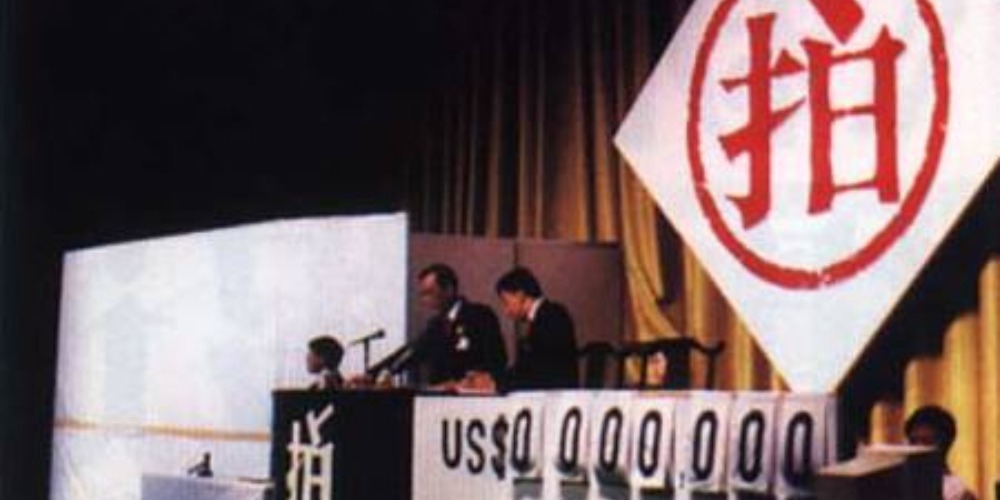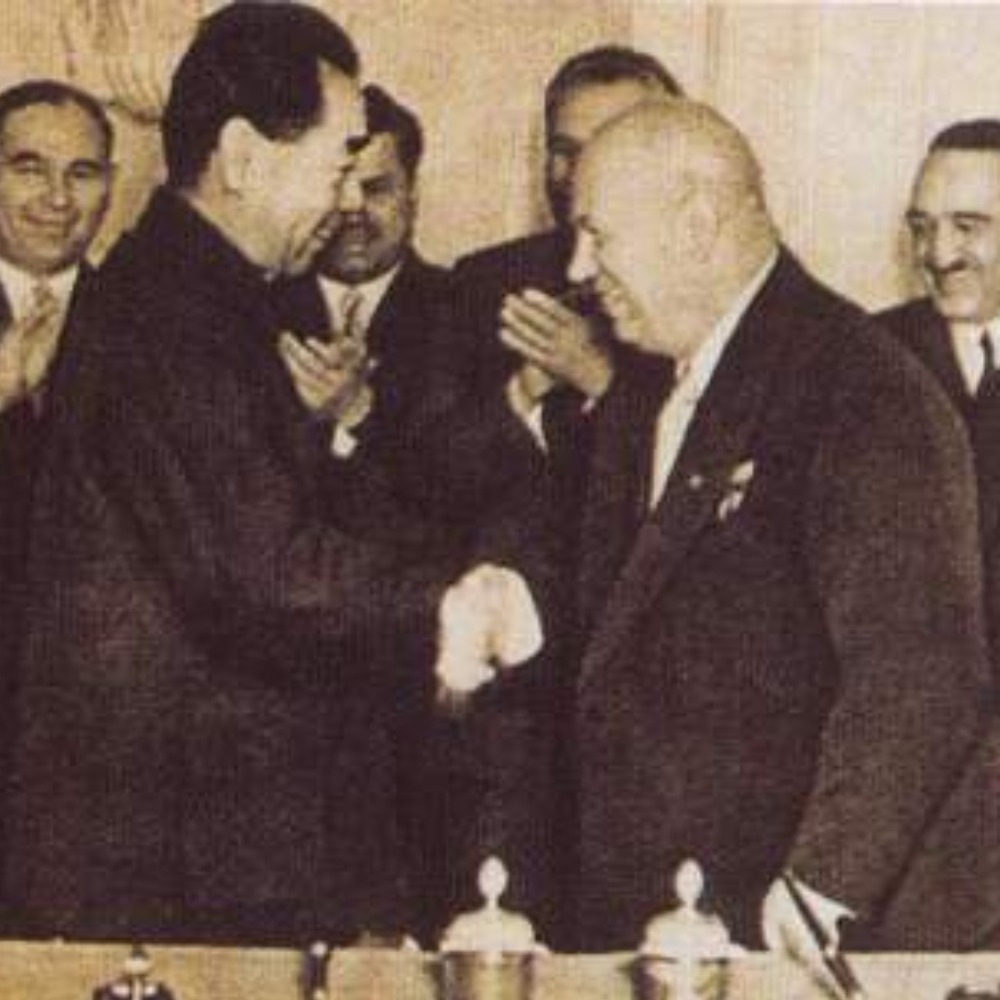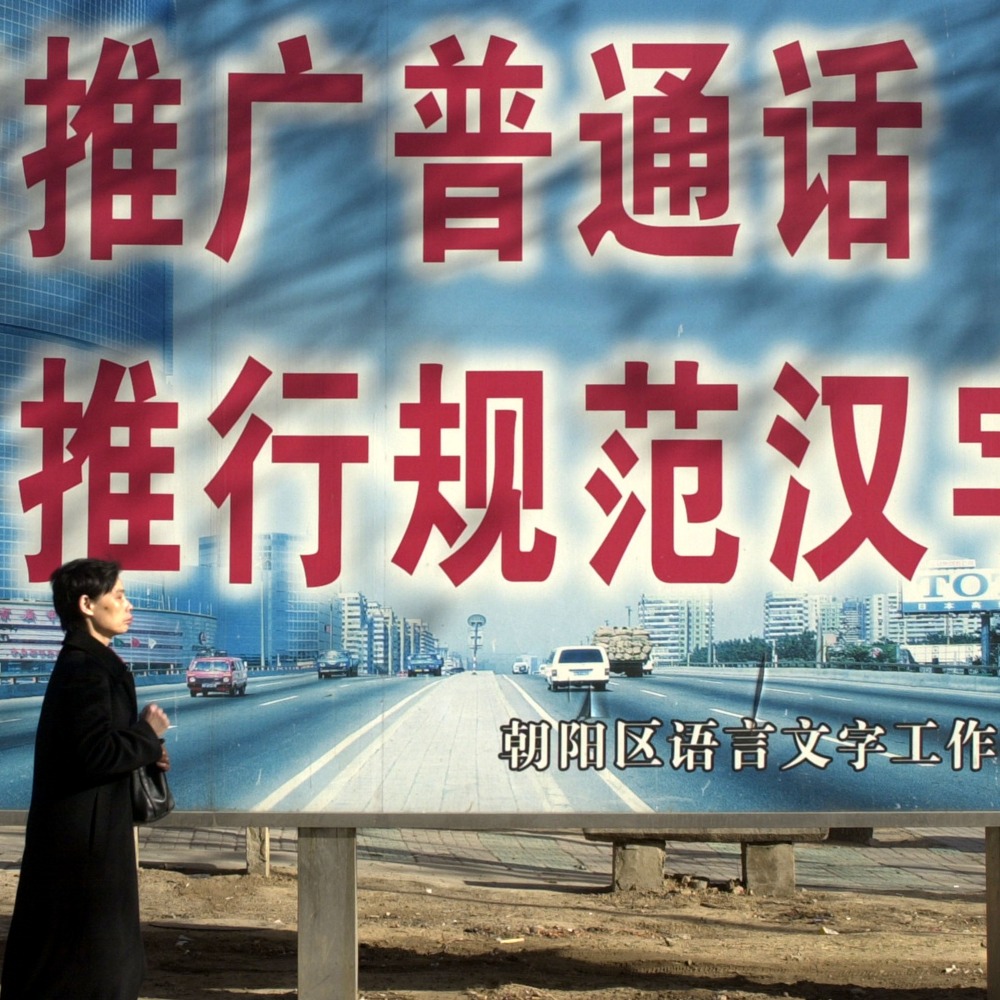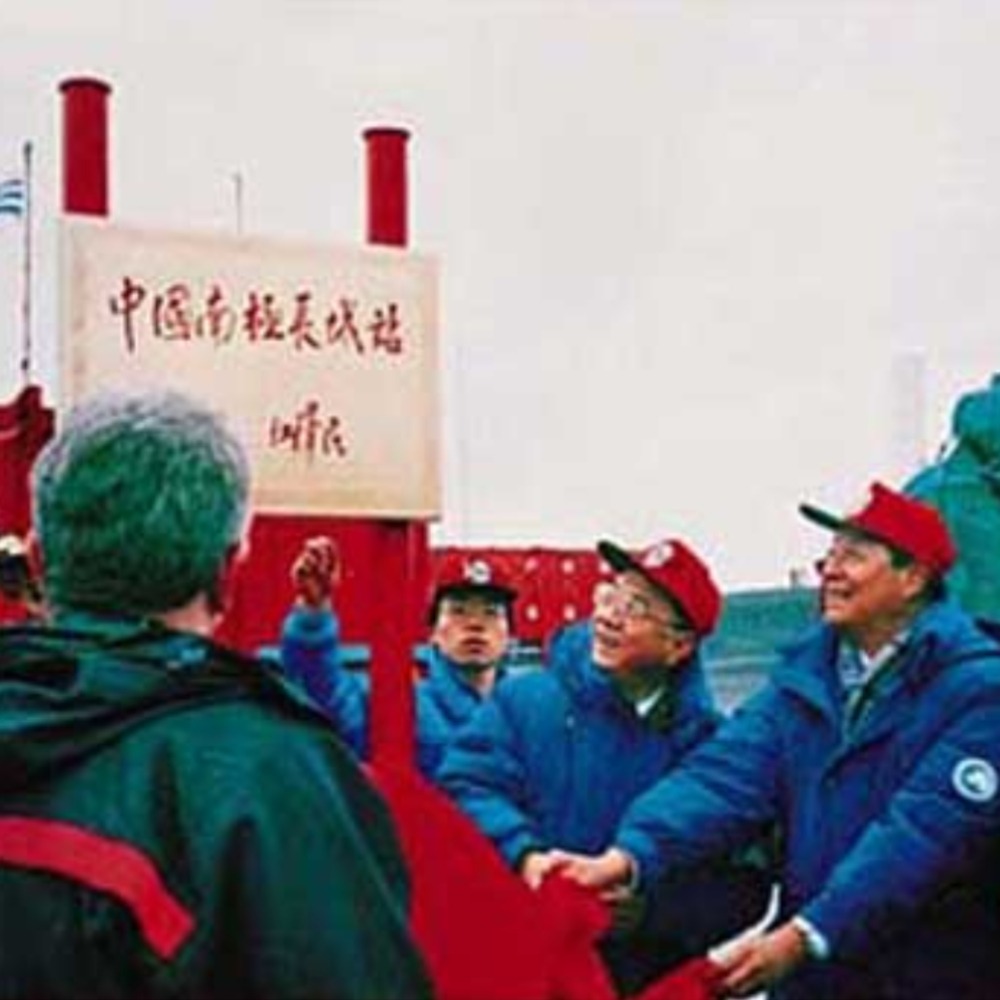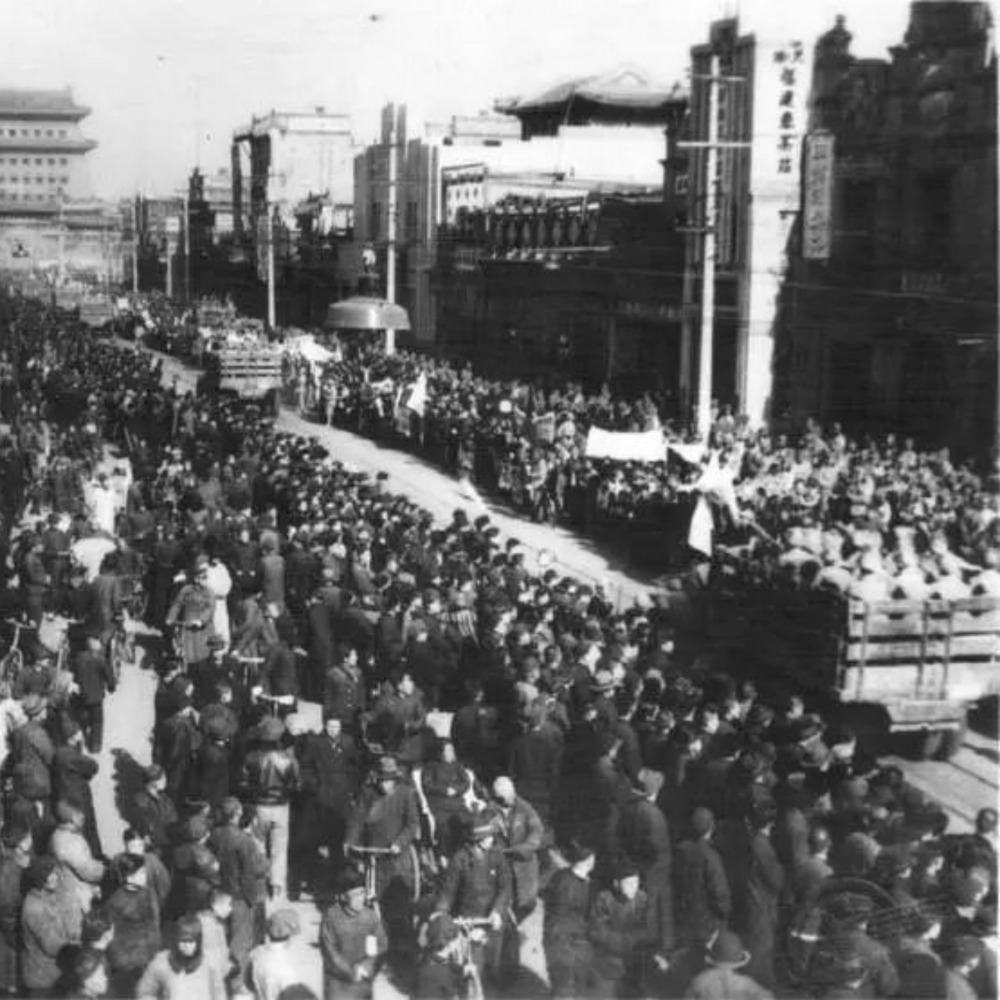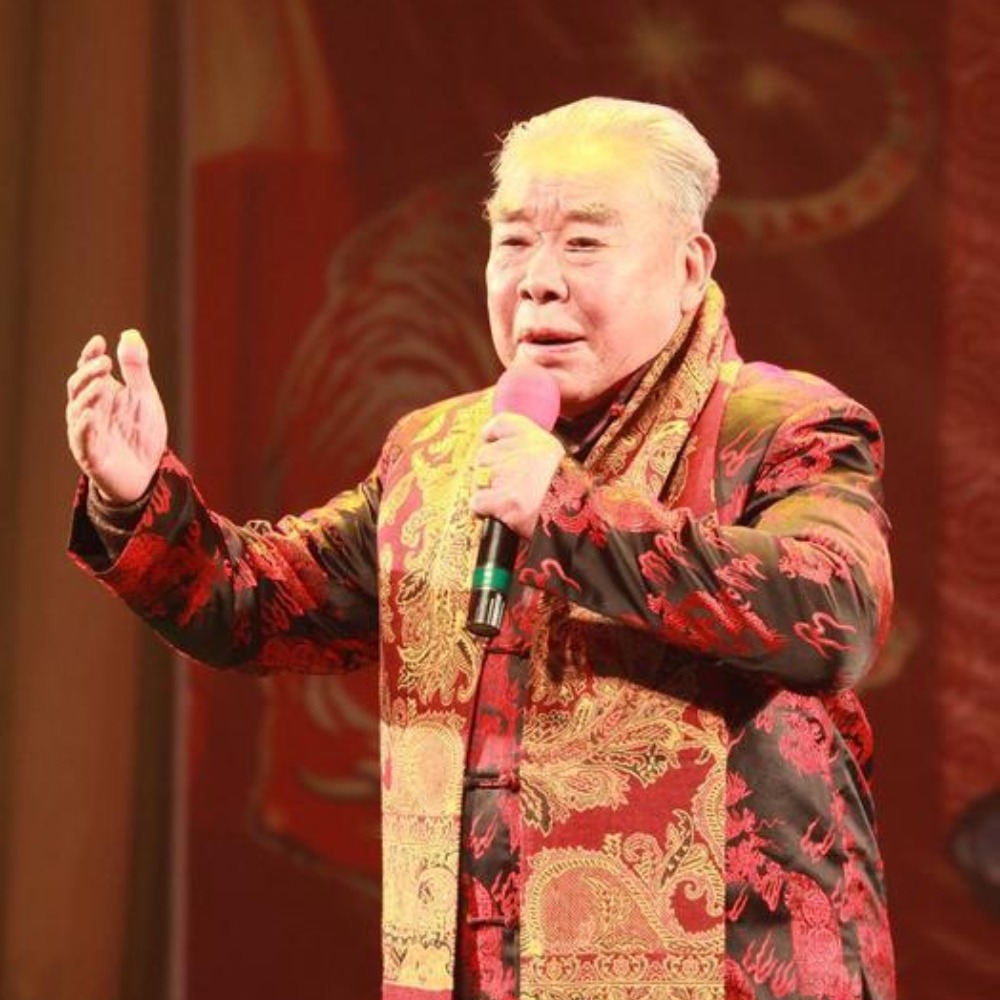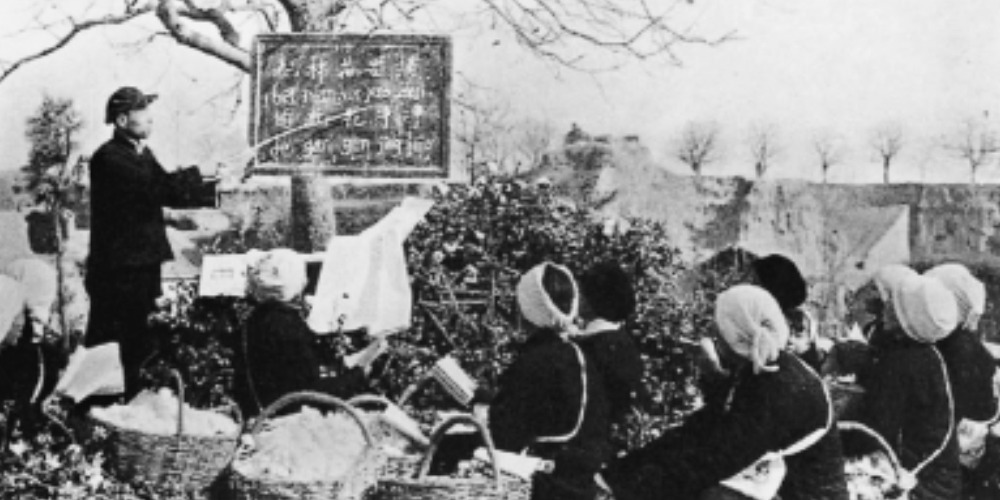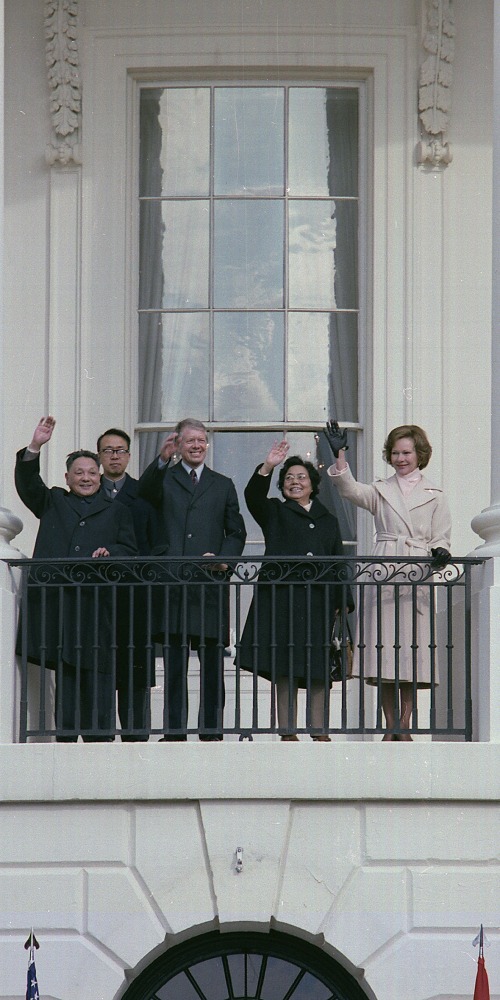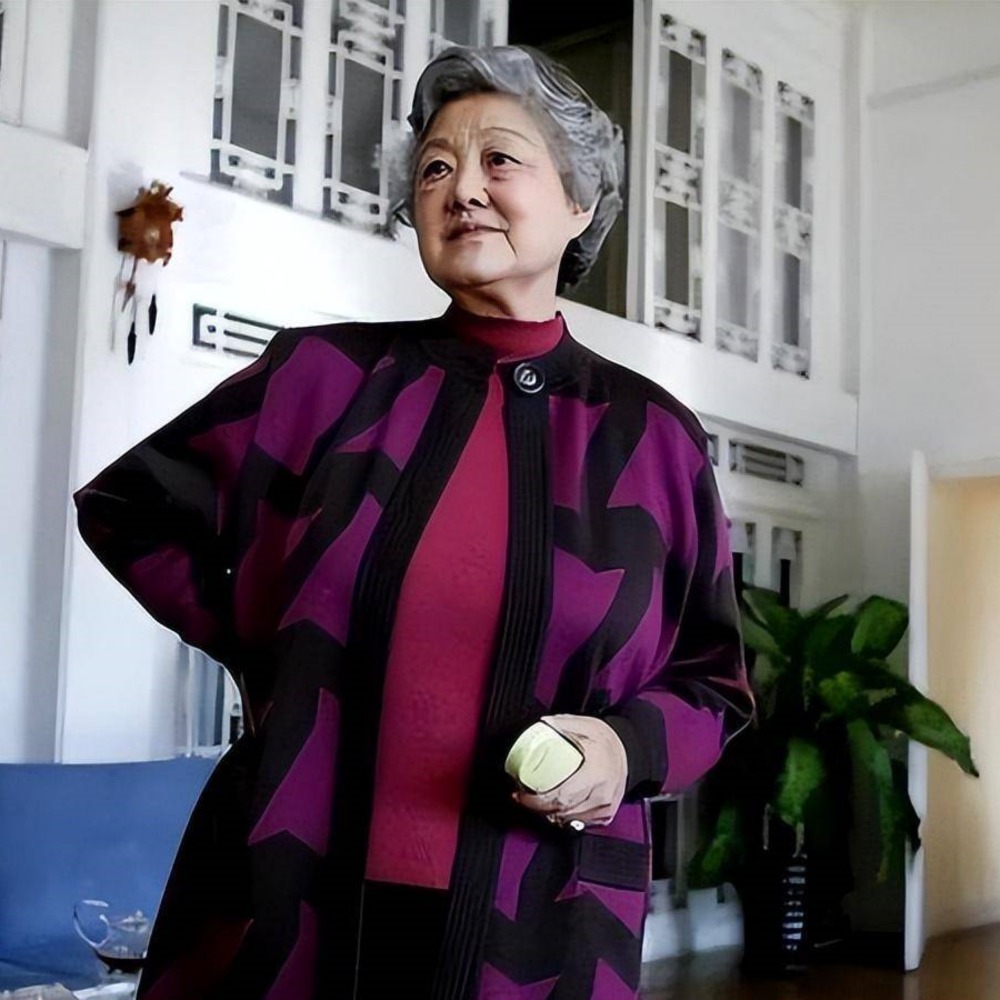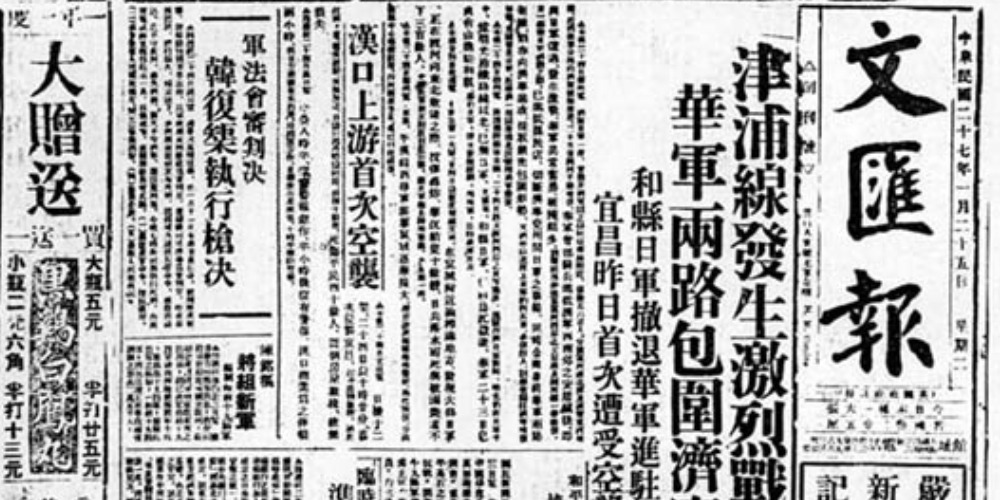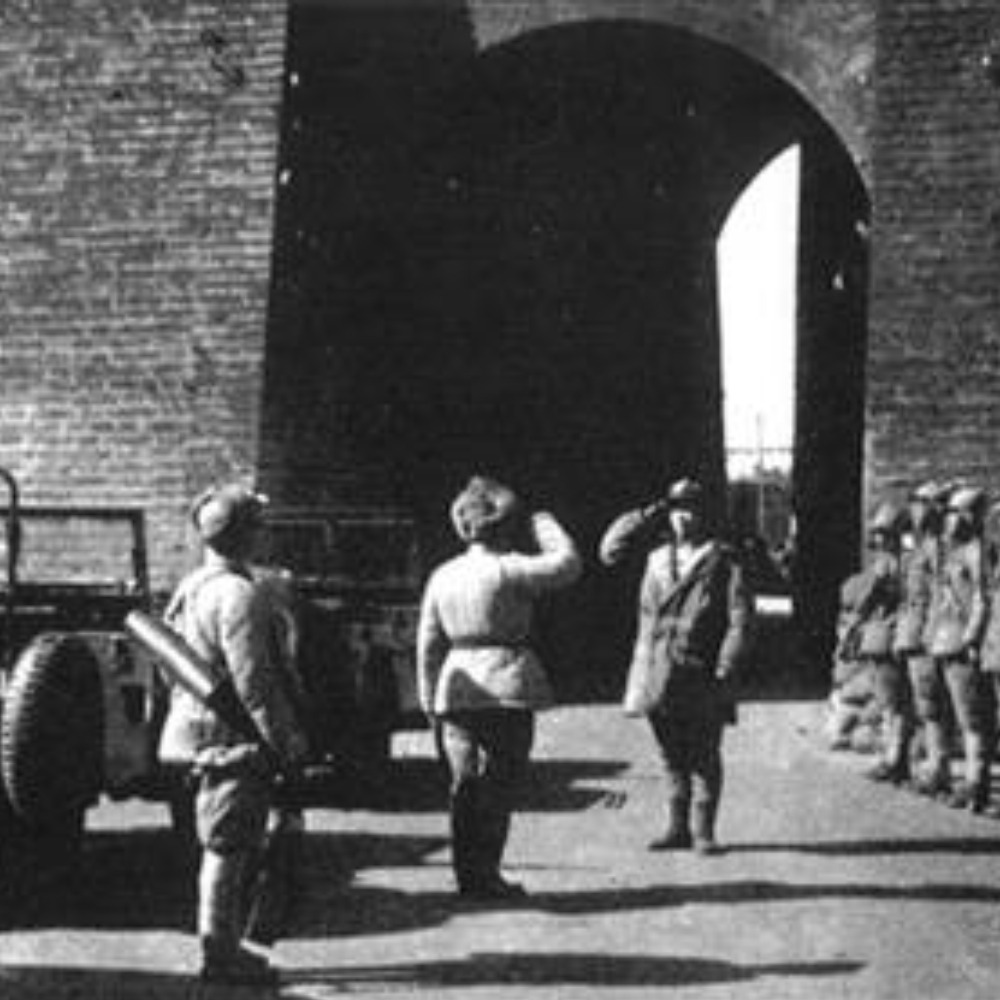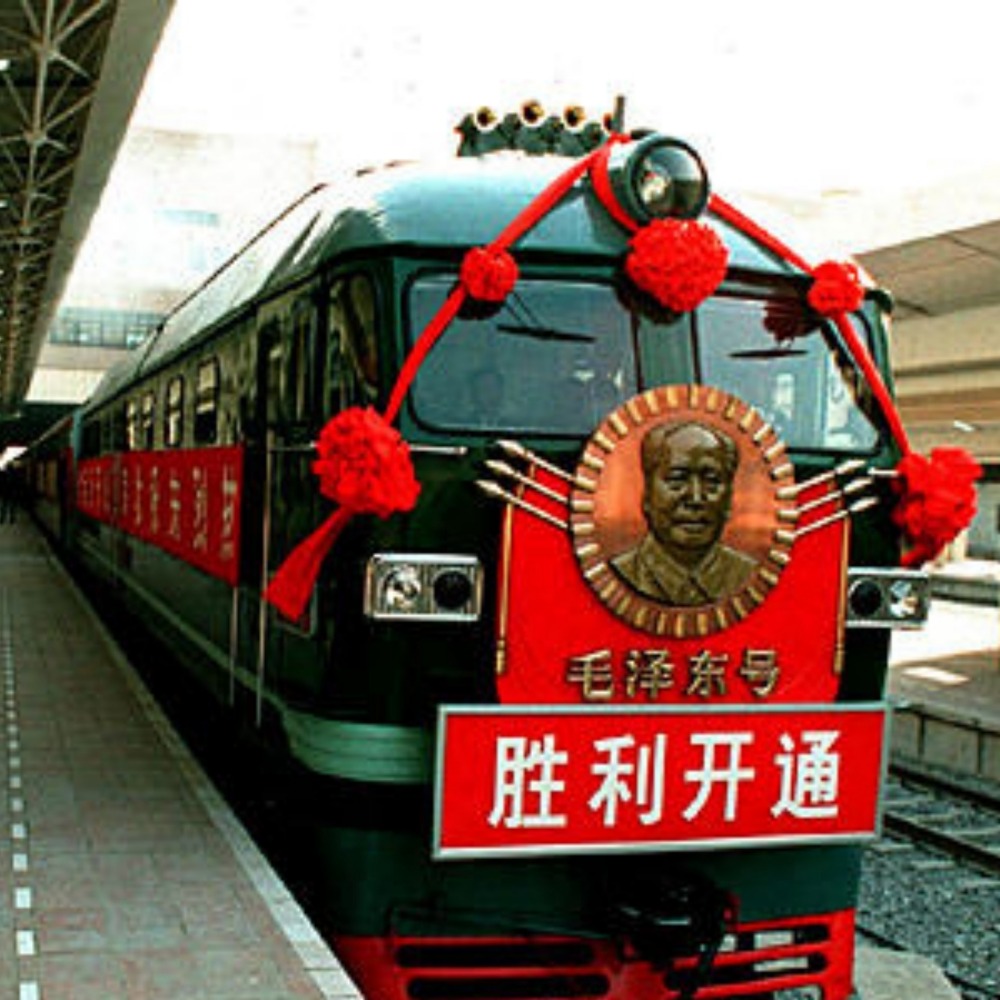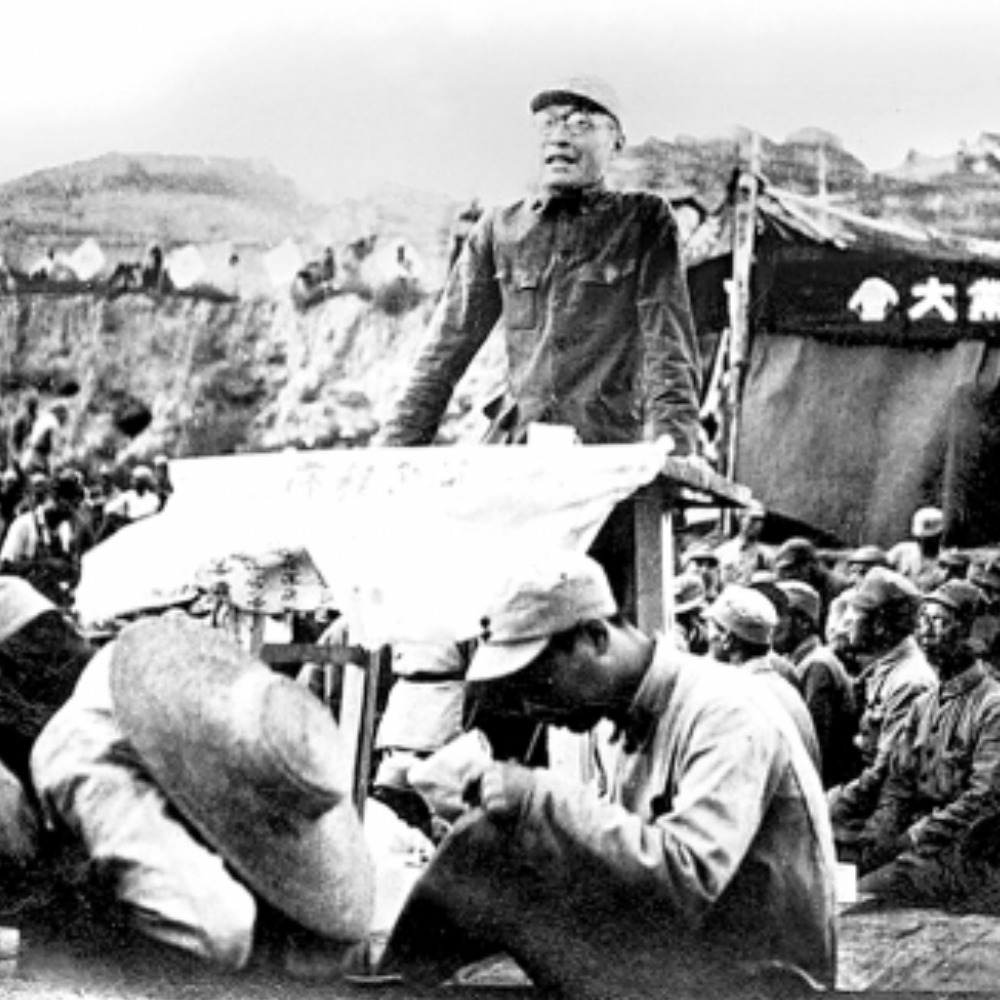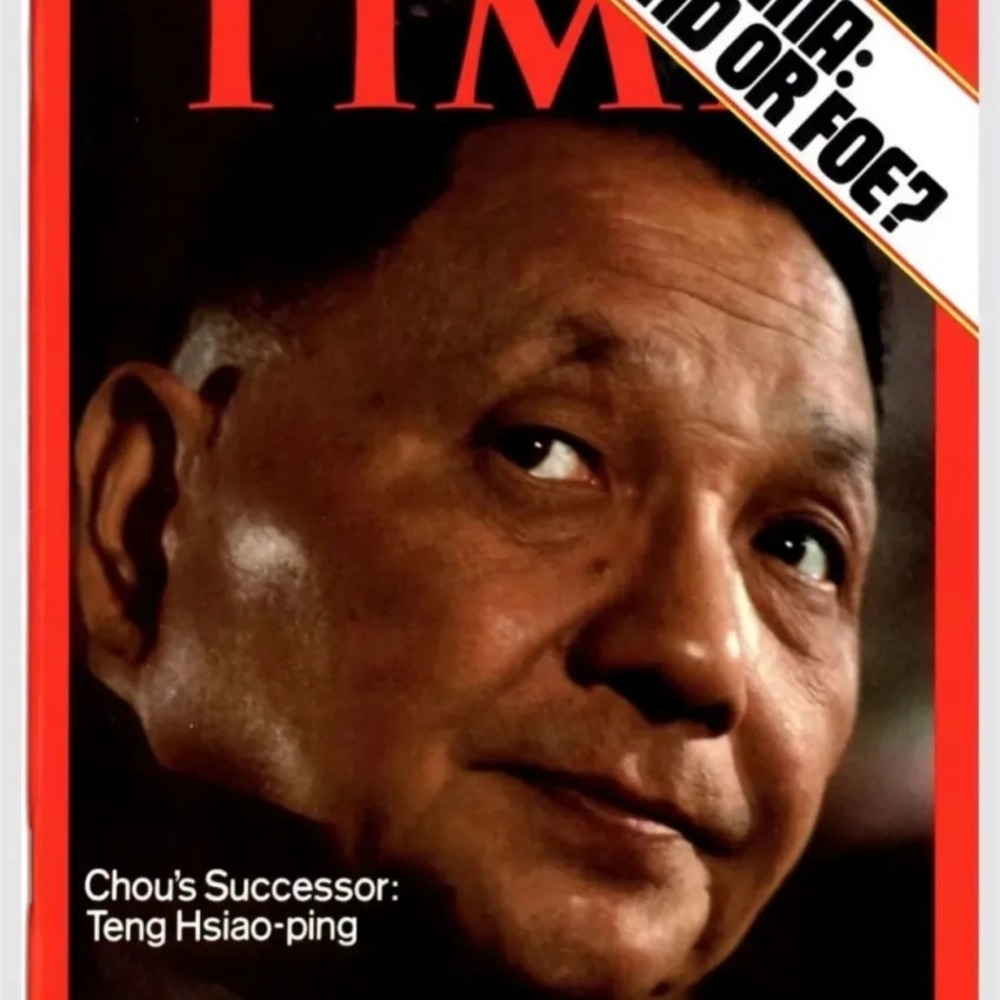Published : 2025-08-29
On August 29, 1842, the Opium War ended, and the Qing Dynasty of China was defeated and signed the Treaty of Nanking (南京條約) with the British representatives.
The Treaty of Nanking is the first unequal treaty signed by China with the West in its modern history. The treaty comprises 13 articles, with key terms including the cession of Hong Kong Island and a reparation of 21 million taels of silver.
The Qing government reopened its ports in 1685 and established the Canton Custom House, under the jurisdiction of the Ministry of Revenue, marking the beginning of Western merchants conducting trade in major Chinese port, Guangzhou.
In 1757, the Qing government declared Guangzhou as the sole port for foreign trade. From the late 18th century, merchants of the British Empire began to sell opium imported from India in China, making enormous profits, and even reversing the trade deficit between the two countries.
The Qing government became aware that not only was opium causing a outflow of silver, but it was also leading to an increased number of people becoming addicted to the drug. Consequently, they issued a ban on its import.
To put an end to the opium trade, Daoguang Emperor (道光帝) dispatched Imperial Commissioner Lin Zexu (林則徐) to Guangzhou in 1839 to enforce the ban on opium. Under Lin's command, the opium in Guangzhou was confiscated and destroyed at Humen.
Following this, hostility between the two sides gradually increased, leading to minor conflicts and making the onset of war inevitable.
Colonel Charles Elliot and his cousin Rear-Admiral George Elliot led the expeditionary force, reaching the Pearl River estuary in June 1840, moving north to occupy Zhoushan; they arrived Baihe near Tianjin in August of the same year.
The British forces launched a surprise attack on Humen on January 8, 1841.
In August 1842, the British forces reached Nanking, forcing the Qing government to acknowledge defeat. The Treaty of Nanking was subsequently signed between the two parties.
